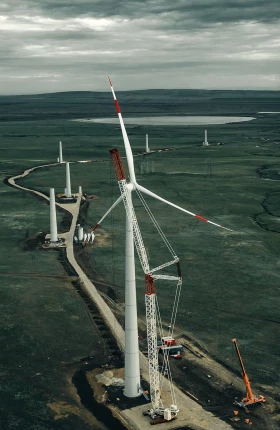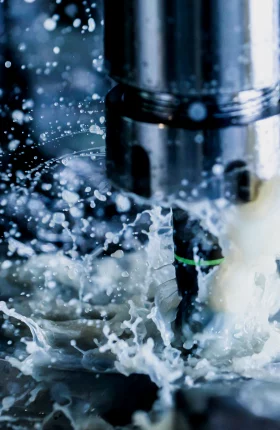
Education
- MBA, University of Chicago, Booth School of Business
- BSc, economics, London School of Economics and Political Science
Simon Rees leads Boston Consulting Group’s Corporate Finance & Strategy practice in the Great Lakes region of North America. Simon works with both public and private sector clients on a wide range of business and enterprise level strategic issues. He is a member of the Industrial Goods practice leadership team where he is the lead for greentech, machinery, and automation in North America. In addition, he helps drive the firm’s work in industrial services, and has a leadership role within the BCG Center for Climate & Sustainability.
Simon works with clients from all types of industrial goods companies, including the adjacent medical devices space and the public sector. He has particularly deep expertise with machinery clients, including those in the automotive, off-highway, aerospace, industrial automation, and building technology industries, as well as general machinery and components. He is also experienced in building materials, chemicals, and industrial distribution.
Simon’s work covers, among other things, business, corporate, and public enterprise strategy, transactions, large-scale transformations, marketing/sales/pricing, and operations. He has particularly deep expertise in industrial services and digital transformation.
Simon is co-leader of BCG's Pride Network. Prior to joining BCG, he worked in investment banking, managing M&A activities for a set of infrastructure funds at Macquarie Bank in London.






